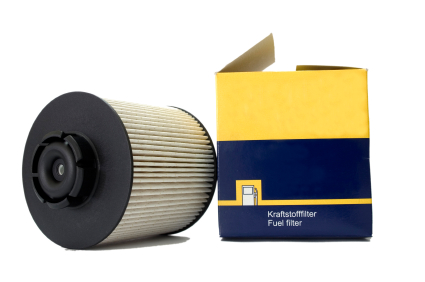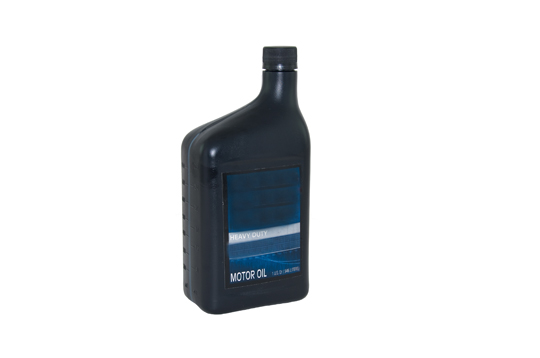If you have a passenger car that runs on a gasoline engine, you should get an oil change every year or every 7,500 miles. If you have an automobile that runs on a diesel engine or turbocharged gasoline engine, then you should get an oil change every six months or every 3,000 miles. These intervals are set for cars that are driving under ideal conditions; in other words, this does not account for stop-and-go traffic, unpaved roads, or short trips. Driving in these conditions makes your engine work harder and uses oil up faster. If you are wondering how often to get an oil change, it is safer to get your oil changed more frequently—every 3,000-5,000 miles. You should change your oil filter every other time you get your oil changed.
If you fail to change your oil regularly, dirty particles in the oil will clog your filter. Since the filter can’t work efficiently, the oil becomes even dirtier. As a result, the engine speed will decrease because of the viscosity of the oil. The oil will also have trouble circulating to lubricate the cylinders and pistons. If metal parts of a car are not adequately lubricated, the parts will scrape against one another and worsen over time. At worst, the parts will become so hot that they melt and damage the engine permanently. An oil change is a fairly inexpensive maintenance procedure that you can even do yourself; don’t take the risk of prolonging waits between checkups.
If it is about that time, TalkLocal can help you schedule a checkup at a local auto repair shop. TalkLocal uses call analytics, social reputation, and online ratings to find the best businesses in your area. Simply fill out a short service request online and talk to someone who can help you—in minutes!











